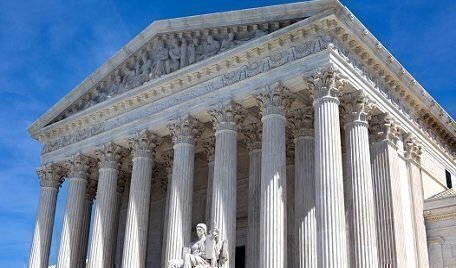Constitution Daily Blog
First Amendment
Can politicians block negative comments on their social media accounts?
The surging popularity of social media is testing one of the most basic constitutional rights: the public’s ability to criticize…

Supreme Court cases where students influenced the Constitution
Some of the most significant Supreme Court cases in history were controversies that were started by, or on behalf, of public…

Public school student free speech: A primer
Organized protests this week at public secondary and high schools related to the Parkland shooting have raised several…

Public meeting arrest case puts Justices in predicament
When can someone be arrested at a public government meeting during a public comment forum? That’s a tricky question the…
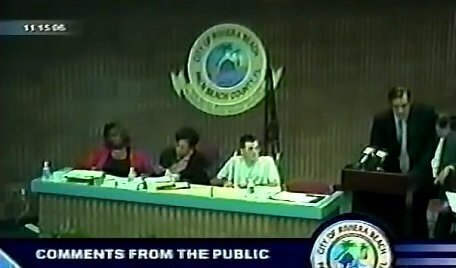
Gorsuch seen as decider in union fees case
Associate Justice Neil Gorsuch said nothing during Monday’s Supreme Court arguments in a potential landmark case that could…
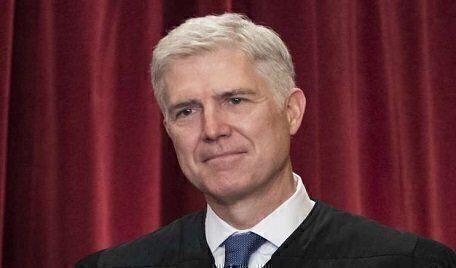
Confederate monuments debate heads to the courts
Do local governments have the ability to remove monuments in public spaces that commemorate the Confederacy, its military or its…
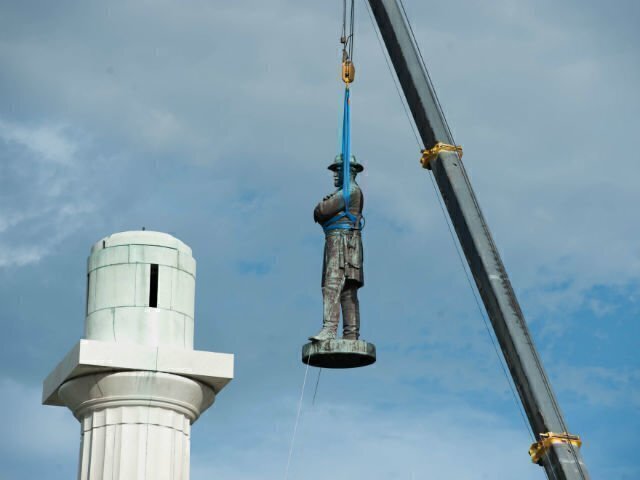
How Dr. King cited the Constitution in his Mountaintop speech
On April 3, 1968, Dr. Martin Luther King Jr. made his last public speech, which referenced the Bible and the Constitution. His…
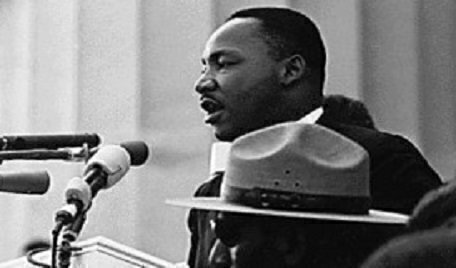
A review of the season’s lawsuits about holiday displays
For millions of Americans, December brings celebrations of religious and secular holidays. But the uniqueness of the season also…

Justice Anthony Kennedy’s new constitutional dilemma
Over the years, Justice Anthony M. Kennedy has become the Supreme Court’s most energetic defender of gay rights, one of its true…
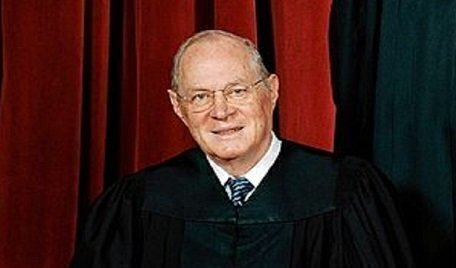
Supreme Court denies Westboro funeral protest appeal
Without comment, the United States Supreme Court denied an appeal from the Westboro Baptist Church on Monday about a Nebraska law…
